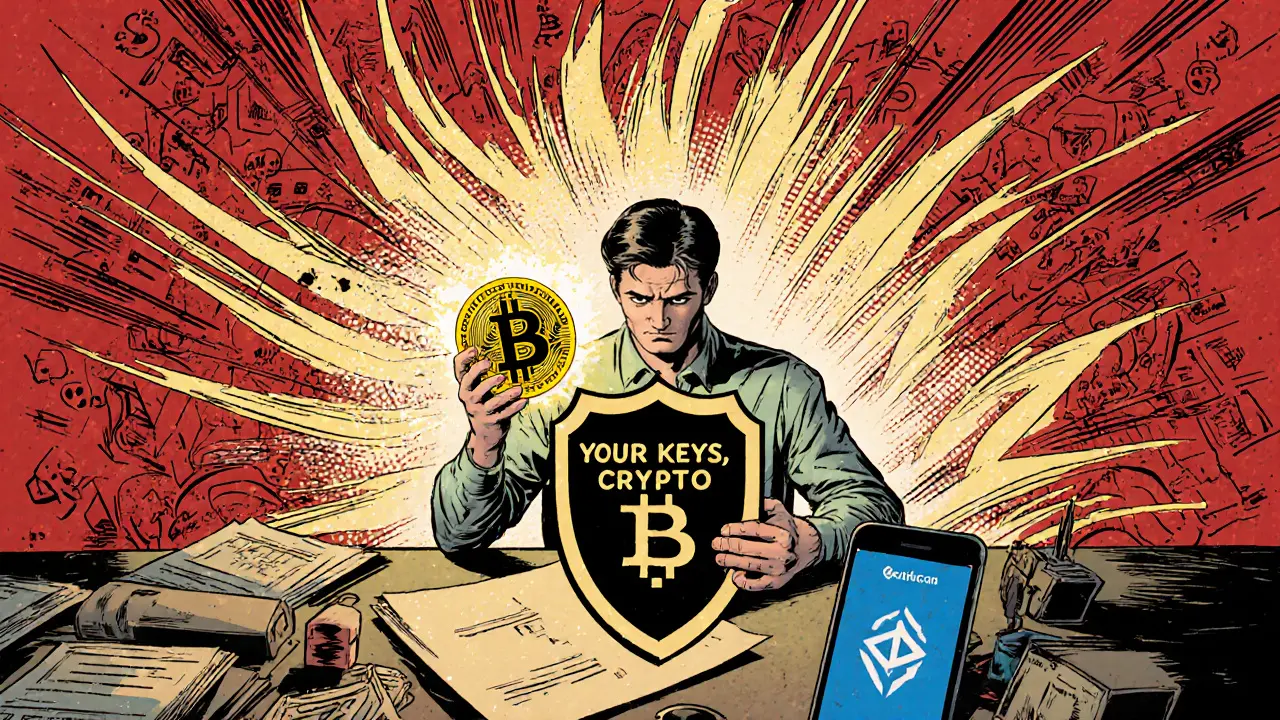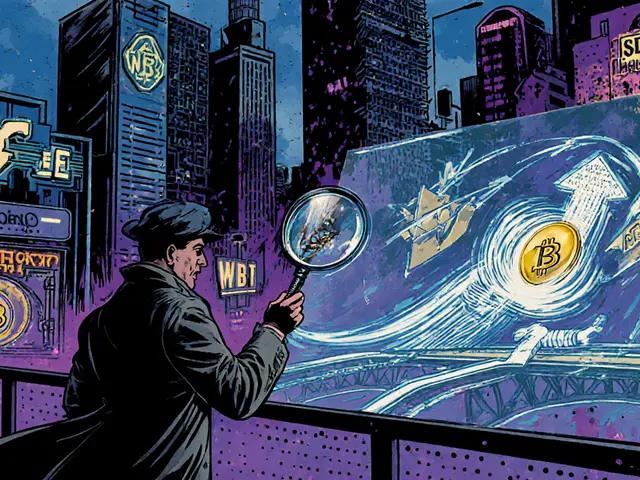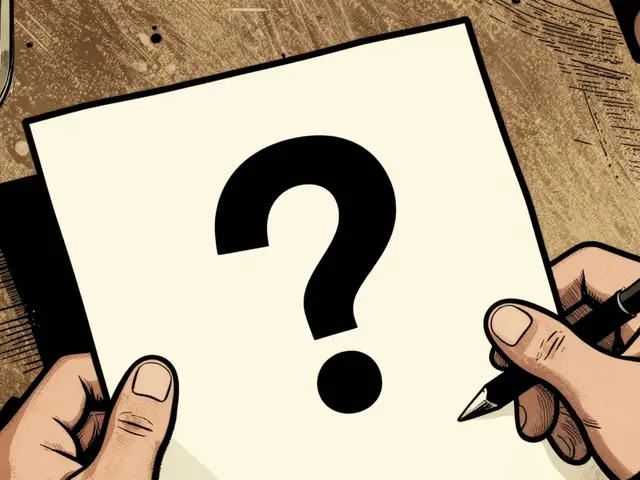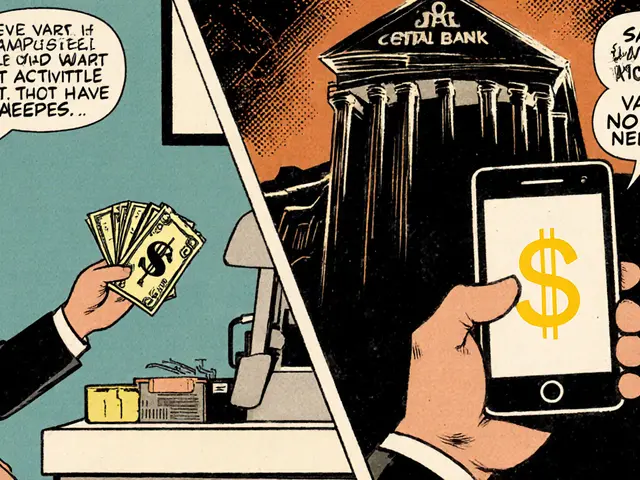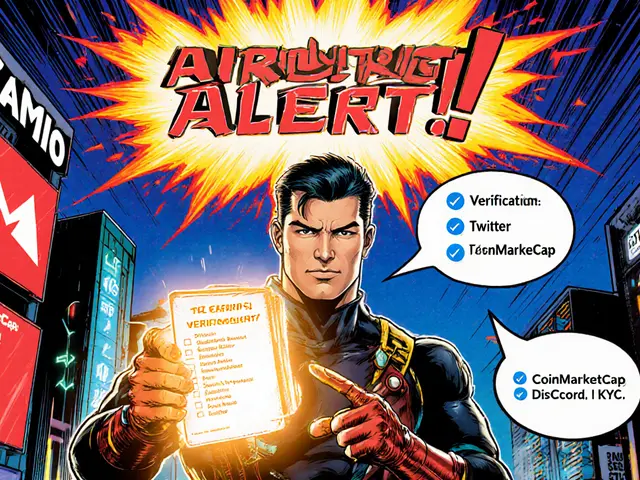Blockchain.com KYC: What It Is, Why It Matters, and What to Expect
When you sign up for Blockchain.com KYC, the identity verification process required to access advanced features on the Blockchain.com wallet and exchange platform. Also known as crypto identity verification, it’s not just a formality—it’s a legal requirement tied to global anti-money laundering rules. If you’ve ever tried to buy Bitcoin, swap tokens, or cash out to your bank, you’ve likely run into this step. It’s the gatekeeper between casual browsing and real crypto activity.
Blockchain.com isn’t alone in this. Most major crypto platforms—like WhiteBIT, a Europe-focused exchange with strong compliance and institutional tools, or Bitnomial, the only U.S.-regulated exchange offering physically delivered crypto futures—require some form of KYC. But Blockchain.com’s version is among the most widely used because it’s built into one of the oldest and most trusted crypto wallets. You’re not just proving you’re human—you’re proving you’re not laundering money, funding illegal activity, or hiding behind anonymity. That’s why they ask for a government ID, a selfie, and sometimes a proof of address. It’s not optional if you want to trade above small limits.
What’s different about Blockchain.com’s KYC? It’s not just about security. It’s about access. Without verified status, you can’t use their exchange, send large amounts, or withdraw to fiat. Compare that to platforms like Buff Network, an untracked exchange with no verified team or security measures, where even basic features are questionable. Blockchain.com’s KYC is a trade-off: you give up some privacy, but you gain reliability, higher limits, and access to regulated services. And in a space full of scams and unverified platforms, that’s worth something.
It’s not perfect. Users report delays—sometimes days—while documents are reviewed. Some get rejected for blurry photos or mismatched names. Others wonder why they need to verify for a wallet they only use to hold Bitcoin. But the reality is simple: regulators are watching. Countries like the U.S., EU, and UK now require exchanges to know their users. Blockchain.com plays by those rules, even if it’s frustrating. If you’re serious about crypto, you’ll need to go through this. And if you’re not? Then maybe you’re better off with a non-custodial wallet and no KYC at all.
Below, you’ll find real reviews and deep dives into exchanges that require KYC, those that don’t, and what happens when you skip it. You’ll see how identity checks impact security, fees, and your ability to trade. Some posts expose shady platforms pretending to be compliant. Others break down exactly what documents work and what gets you flagged. Whether you’re new or experienced, this collection gives you the facts—no hype, no fluff—so you know what to expect when Blockchain.com KYC pops up on your screen.

